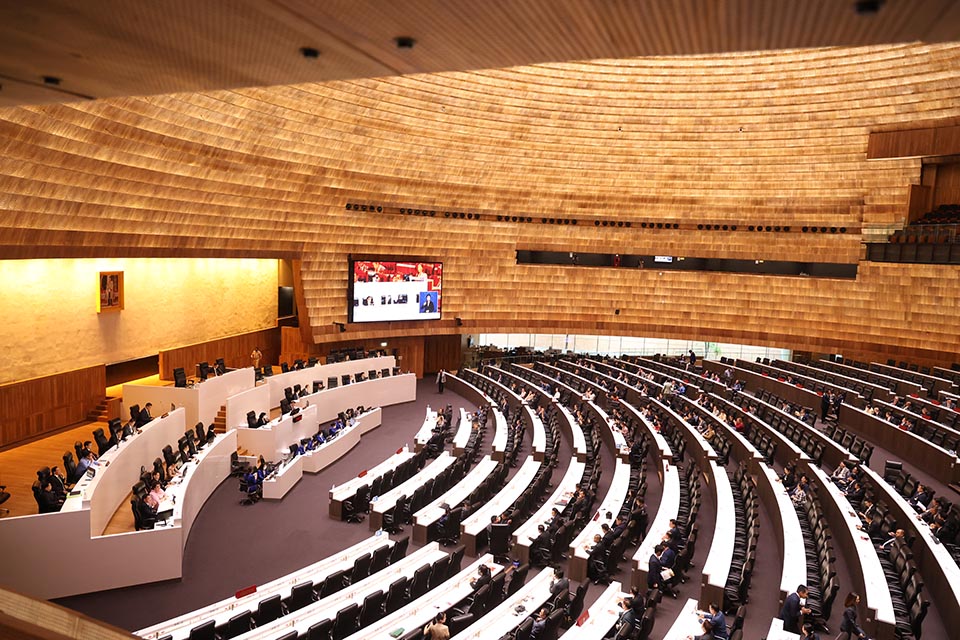
During the parliamentary debate on January 5, the opposition party raised concerns about the budget allocation for the Ministry of Education, stating that Thailand is facing an educational crisis due to inefficient budget allocation. They also criticized the budget disparities in transportation.
The Ministry of Transportation responded by explaining the transportation system in different provinces is done through the Public Service Obligation mechanism to subsidize the fare difference for Bangkok Mass Transit Authority.
The state subsidizes 2 billion Baht of the requested 6 billion Baht, with an initial disbursement of 40%, or 600 million Baht, due to a five-month budget utilization period, which may give an appearance of budget disparities.
Prime Minister Srettha Thavisin added that the government prioritizes fair and transparent procurement processes, incorporating justice, transparency, and good governance. He acknowledged the delay in the 2024 budget, requiring several months of deliberation, and expressed readiness to explore feasible solutions that do not contravene the law.
The opposition Move Forward party criticized Thailand’s educational crisis, pointing to the declining and below-average PISA scores, showing that Thai students are falling behind internationally.
They suggested reallocating the budget more efficiently, canceling unnecessary projects, distributing funds equitably across provinces, increasing subsidies for at-risk students, reducing parents’ expenses, and subsidizing schools. They also called for an immediate restructuring of the Ministry of Education to cut redundancy and decentralize authority.
The party revealed Thai students’ PISA scores, stating that the Thai curriculum hasn’t been revised in decades, leading to increasing educational disparities. They suggested that eliminating redundant projects overlapping with other agencies could save up to 2.1 billion Baht. They also highlighted the crisis in small schools due to declining birth rates and inadequate funding, affecting teaching quality. Addressing these issues could potentially save up to 12 billion Baht annually. (NNT)







